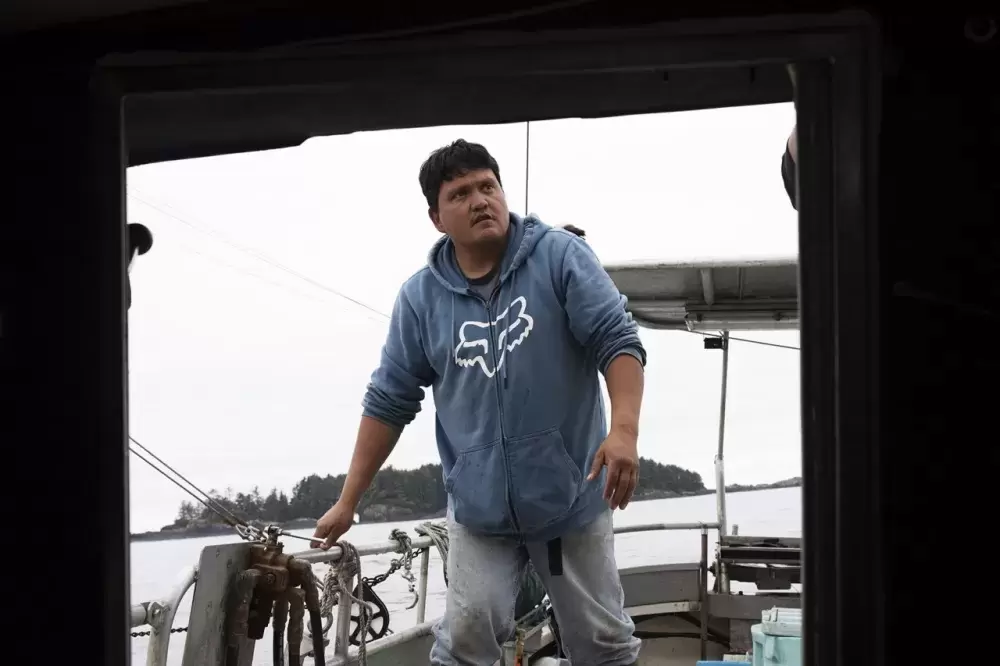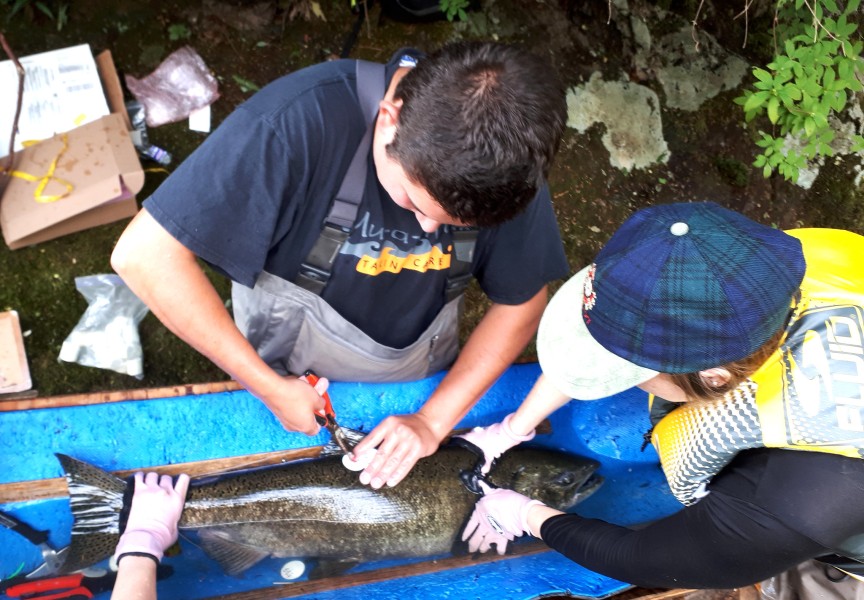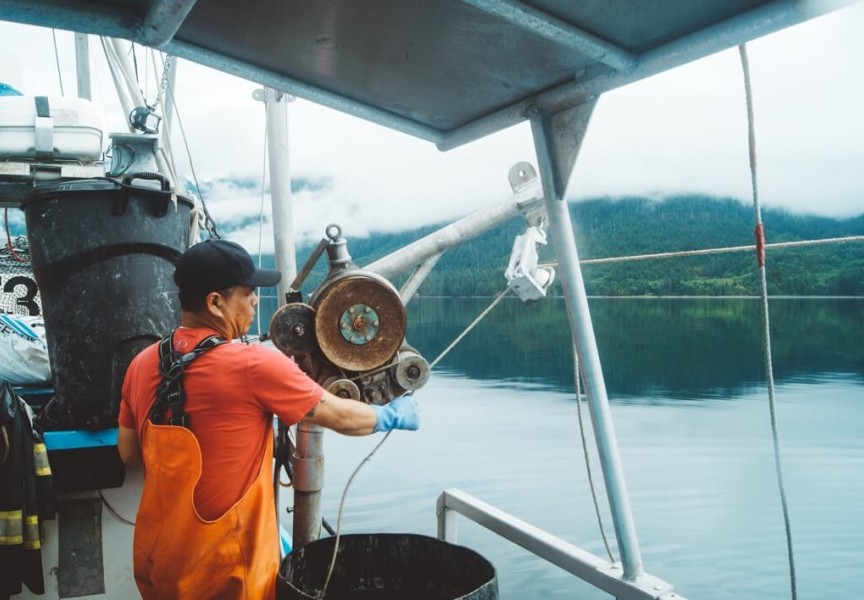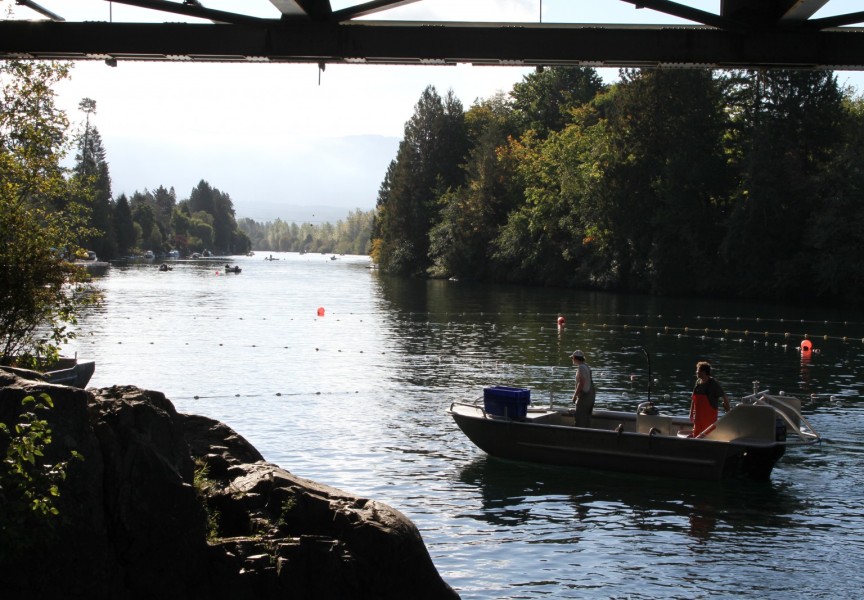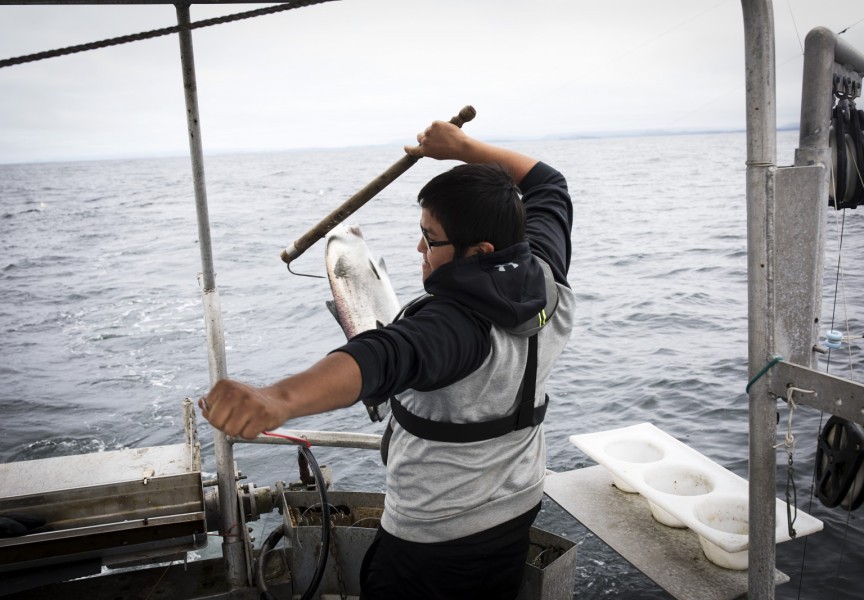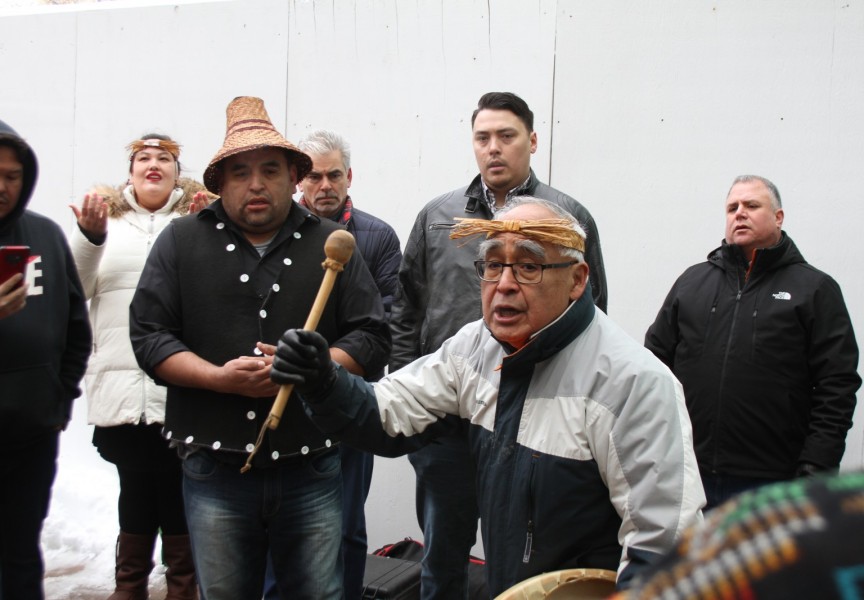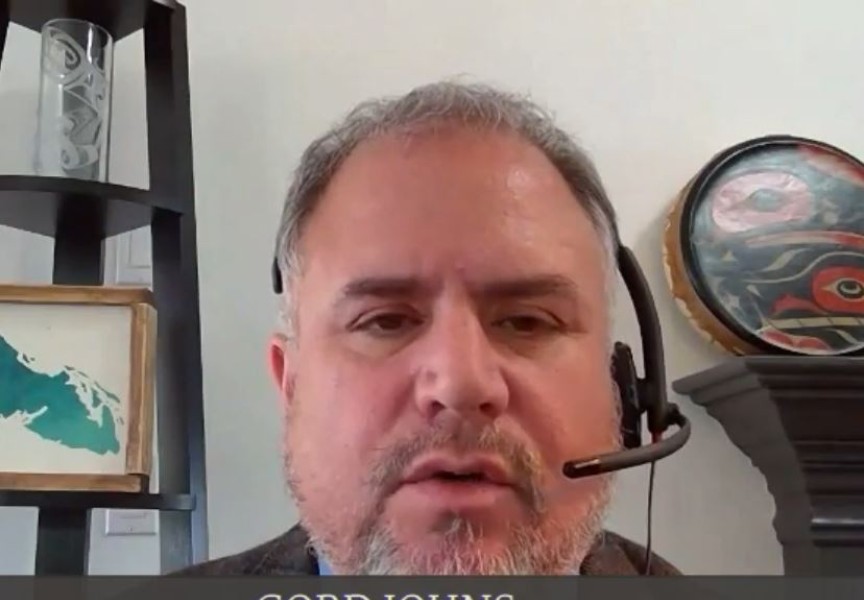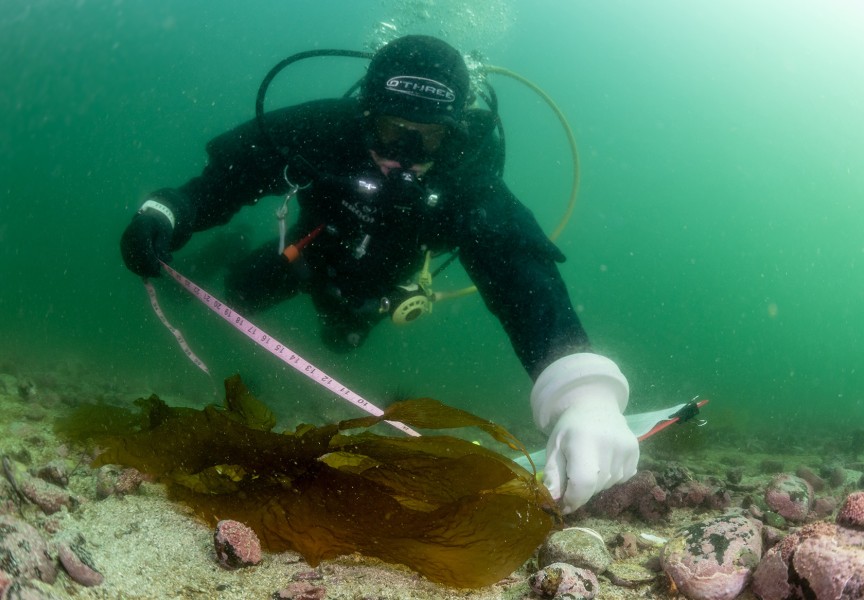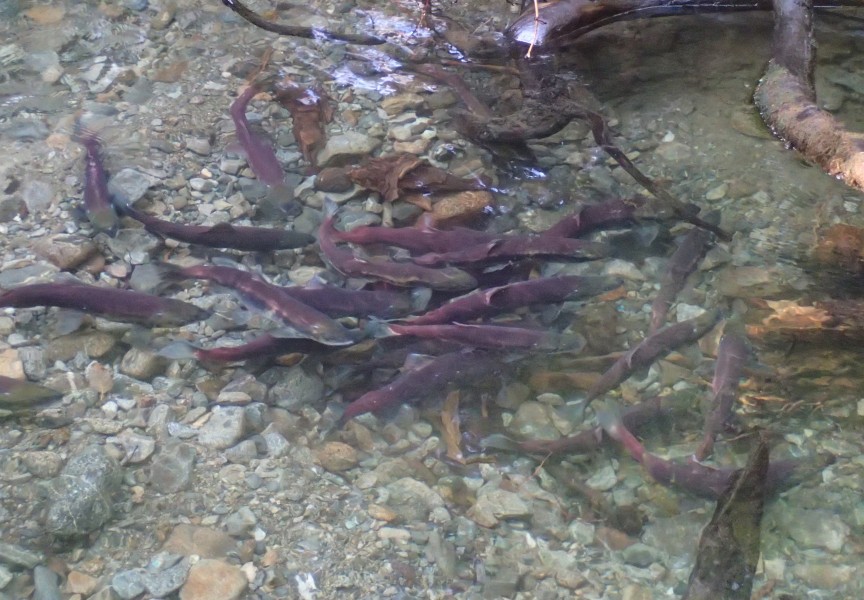All Clifford Atleo ever dreamed of becoming was a fisherman. From the age of five, he was out on the water, working with his father who was a commercial fisherman.
As a young boy growing up in Ahousaht, he remembers when the harbour was full of fishing vessels.
“Just about every family had a vessel,” he said. “We want to return it that way to our people.”
In a bid to call on the federal government to redirect a surplus of chinook salmon from the recreational fishery on the west coast of Vancouver Island (WCVI), the five Nuu-chah-nulth First Nations that comprise the T’aaq-wiihak Fisheries issued a statement.
“When we were pushed out of the fishery, we went to court to try to save our fishing communities,” read the release. “We won. But that victory still seems hollow as we yet again face disregard and a refusal to move by the federal government.”
It has been 11 years since the BC Supreme Court recognized the Indigenous rights of Ahousaht, Ehattesaht/Chinehkint, Hesquiaht, Tla-o-qui-aht and Mowachaht/Muchalaht First Nations to catch and sell species harvested within their territories.
Negotiations between T’aaq-wiihak and the federal government are ongoing, but tensions continue due to the disparity in allocations.
This year, the Department of Fisheries and Oceans Canada (DFO) allocated the T’aaq-wiihak Fisheries 7,724 pieces of chinook salmon. In comparison, the recreational fishery was allocated 50,000, which has a surplus of 20,000 pieces of chinook salmon, said Lauren Dean, communication specialist with Ha’oom Fisheries Society.
“This year, as in all past years, DFO will continue to provide most of the fish to the recreational and regular commercial fishery,” read the release. “But this year, given less tourism and conservation measures, there will be less catch by the recreational sector. This made an easy opportunity for DFO to give more fish to our Nations so that we could exercise our right and help support our remote communities, which are in economic crisis.”
Atleo said the lack of response from the federal government shines light on its “racist attitude” against the Nuu-chah-nulth fleet.
It is a sentiment echoed by Gord Johns, NDP Member of Parliament for Courtenay-Alberni, within the release.
“When the courts direct that DFO take a more generous approach in fulfilling the Indigenous rights of these five Nations to catch and sell fish in their waters and the result is they are shut out by bureaucratic decisions like this, it is difficult not to conclude that institutional racism is at play," he said. "It is beyond frustrating for these Nations to do everything required of them in following Canadian law to be faced with the opposite behaviour by the federal government."
Of the allocated pieces of chinook salmon, the T’aaq-wiihak fleet has caught 2,300 to date, said Dean.
“But they’re landing every day, so it’s subject to change,” she said.
Since the fishery opened on July 15, an average of 16 vessels have been operating, with a suspected steady increase in participation, said Dean.
While Atleo no longer works as a commercial fisherman, he continues to fight for it as a way of life for his people.
“We feel very strongly that we’re not being allocated sufficiently at all,” he said. “It’s not even close to being reasonable and we’re pushing almost 11 years since the court decision. All we’re after is a sustainable way of life.”

